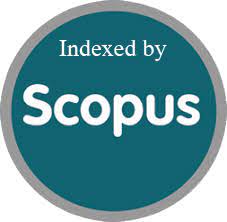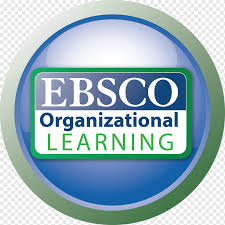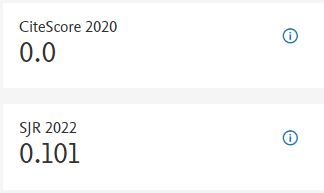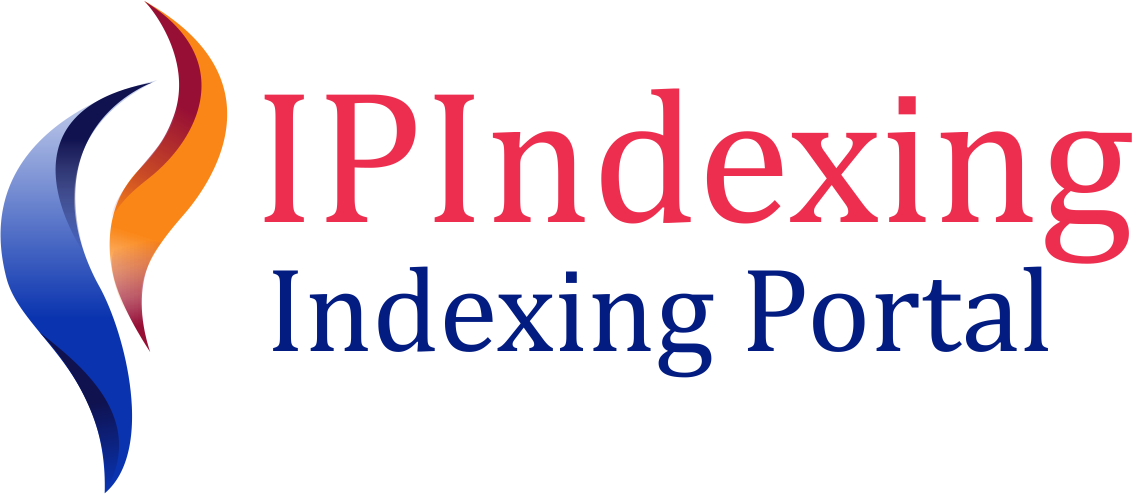GENDER, AGE, AND INCOME AS DETERMINANTS OF SELECTION OF ONLINE CERTIFICATE PROGRAMS
DOI:
https://doi.org/10.7492/g4p3dr86Abstract
Online Certificate Programs or Massive Open Online Courses (MOOCs) are receiving increasing attention and interest from several communities involved. In other words, interest in online certificate programs has increased in recent years, and a body of research has emerged regarding this trend. Self-regulated learning (SRL) has recently gotten attention as a crucial factor related to learner behaviours in online certificate programs. Thus, the main objective of this paper is to study the effect of Gender, Age, and Income as determinants of the selection of online certificate programs. The empirical findings not only prioritize the effect of gender, age, and income on the selection of online certificate programs but also provide guidelines to designers and participants of an online certificate program for focusing on important factors that affect the perception of individuals related to the selection of online certificate programs or MOOCs.
References
Bryman, A., and D. Cramer. Quantitative Data Analysis with S.P.S.S. Release 10 for Windows: A Guide for Social Scientists. London: Routledge, 2001.
Delialioglu, O., Cakir, H., Michel Meyer, B., Dennis, A. R., & Duffy, T. M. (2010). Factors impacting adult learner achievement in a technology certificate program on computer networks. The Turkish Online Journal of Educational Technology, 9(2), 97-107.
Educause. (2013) Seven Things You Should Know About MOOCs II. Educause Learning Initiative. Retrieved from http://net.educause.edu/ir/library/pdf/ELI7097.pdf
Hone, K. S., & El. Said, G. R. (2016). Exploring the factors affecting MOOC retention: a survey study. Computers & Education, 1-17.
Clarà, M., & Barbara, E. (2013). Learning online: massive open online courses (MOOCs), connectivism, and cultural psychology. Distance Education, 34(1), 129-136.
Dabholkar, P. (1996). Consumer Evaluations of New Technology-based Self-service Options: An Investigation of Alternative Models of Service Quality, International Journal of Research in Marketing, 13(1), 29-51
Desimone, L. M. (2009). Improving Impact Studies of Teachers' Professional Development: Toward Better Conceptualizations and Measures. Educational Researcher, 38(3), 181-199.
Fianu, E., Blewett, C., Ampong, G. O., & Ofori, K. S. (2018). Factors Affecting MOOC Usage by Students in Selected Ghanaian Universities. Education Sciences, 8(70), 1-15.
Fauzi, M. A., Md Haron, N. H., Ramli, F. I., Rahman, H. A., & Kamaruzzaman, Z. A. (2020). THEORIES AND ANTECEDENTS OF KNOWLEDGE SHARING BEHAVIOUR IN VIRTUAL COMMUNITY: A SYSTEMATIC REVIEW. Journal of Content, Community and Communication, 32-51.
Grandon, E. E., Nasco, A. A., & Mykytyn, J. P. P. (2011). Comparing theories to explain E-commerce adoption. Journal of Business Research, 64, 292-298.
González-González, C. S., Infante-Moro, A., & Infante-Moro, J. C. (2020). Implementation of E-proctoring in Online Teaching: A Study About Motivational Factors. Sustainability, 12(8), 3488.
Jordan, K. (2014). Initial Trends in Enrolment and Completion of Massive Open Online Courses. The International Review of Research in Open and Distance Learning, 133-160.
Kanuka, H., & Nocente, N. (2003). Exploring the effects of personality type on perceived satisfaction with types of perceived satisfaction with professional development. Distance Education, 227-244.
Kira, D., & Saade, R. (2006). Factors affecting online learning. I.a.d.i.s. International Conference on Cognition and Exploratory Learning in Digital Age, 277-282.
Lee, D., Watson, S. L., & Watson, W. R. (2019). Systematic literature review on self-regulated learning in massive open online courses. Australasian Journal of Educational Technology, 35(1), 28-41.
Milligan, C., & Littlejohn, A. (2017). Why Study on a MOOC? The Motives of Students and Professionals. International Review of Research in Open and Distributed Learning, 92-102.
Nandonde, F. A., & Malaki, C. O. (2020). What Support Can Higher Learning Institutions Provide to Motivate Students to Engagement in Self-Employment? Evidence from Tanzania. FIIB Business Review, 1-9.
Raya, A., Balaa, P. K., & Dasgupta, S. A. (2019). Role of authenticity and perceived benefits of online courses on technology-based career choice in India: A modified technology adoption model based on career theory. International Journal of Information Management, 140-151.
Robertshaw, D., & Cross, A. (2017). Experiences of Integrated Care for dementia from family and carer perspectives: A framework analysis of massive open online course discussion board posts. Dementia, 1-15.
Schierz, P., Schilke, O., & Wirtz, B. W. (2010), Understanding consumer acceptance of mobile payment service: An empirical analysis, Electronic Commerce Research, and Applications, 9, 209-216.
Watted, A., & Barak, M. (2018). Motivating factors of MOOC completers: Comparing between university-affiliated students and general participants. The Internet and Higher Education, 11-20.
Zhang, Q., Bonafini, F. C., Lockee, B. B., Kathryn, J. W., & Hu, X. (2019). Exploring Demographics and Students' Motivation as Predictors of Completion of a Massive Open Online Course. International Review of Research in Open and Distributed Learning, 140-161.

















